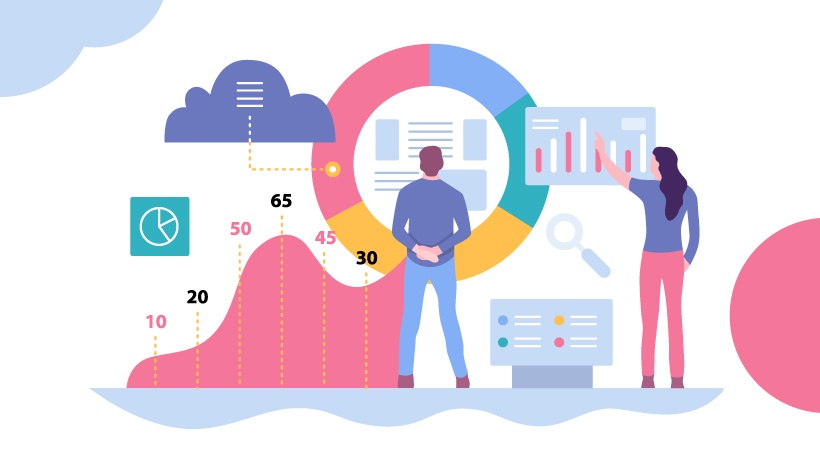Big Data: Do You Have To Understand It In Order To Use It?
Let us not discuss the matrix or the technical side of Big Data, the side of how it works and why. I think most of us are not interested in the dynamics of the way data is analyzed. At least I am not. Although I do find it fascinating how it operates. What interests me, and what I think will be beneficial for all of us, is what we can do with the information and how it can improve our everyday lives in eLearning.
You need to know how Big Data works in order to use it, “no?” I will just give you a very scaled-down version and then we can move on to some more exciting areas.
Don’t let anyone tell you that you can use Big Data to measure anything—you cannot measure the number of candies in a bag or how many marbles are in the jar. Big Data is about combining datasets, contrasting them in different ways, and doing it as quickly as possible. Sometimes this necessitates greater computing power, but not always. Datasets are multiplying as we measure a lot more than we did in the past. This means our thinking has to expand and broaden. It is no longer what can we do with our database; the question is, rather, what data can we look at to give us the best possible ideas to utilize that data. The definition of Big Data isn’t really important and one can get hung up on it. It is much better to look at ‘new’ uses of data.
Big Data can be used for more productive business results and to improve legacy courses. Imagine how much time and money you could save. You can now take the data from the legacy courses, use Big Data tools to analyze it, and custom create a new course that will be drilled down to the specific needs of your learners.
Here are some examples of how Big Data can be used in eLearning, and training and development:
- Tracking the modules that the learner finds more difficult and spends more time on
- The modules they revisit most often and may need more explanation
- The areas in which they get stuck
- The sections they recommend to their colleagues or enjoyed more
- The learning styles they prefer
- When is the best time to learn
If you could look inside the brain of your employees (now you can, if you invest in the theory and practice of Big Data), with regards to Learning and Development, you would be able to create the best possible custom eLearning course for your company. This would build confidence and improve your company's overall ROI, increase the longevity of your employees and, best of all, make you look great.
Ideaon works with many clients that are using Big Data to do just this. We have been able to create many courses across many different skillsets to target different departments and demographics. By filtering the data we are able to see a need for multilingual courses, more pictures, brighter colors, more knowledge checkpoints, or perhaps a game. Instead of recreating the wheel, turn your Big Data results and legacy courses over toIdeaon and we can get you on board with a new custom eLearning course or repurpose your legacy courses.
At Ideaon, we have hands-on experience in providing cutting-edge eLearning experiences; we have been doing this for more than a decade. We can help your organization implement custom eLearning solutions and help improve your employee performance. We have worked with many enterprise companies and our team has experience in different industry verticals. Our team is passionate and provides long-term solutions for your growing business requirements and provides you with a competitive edge in the market.








